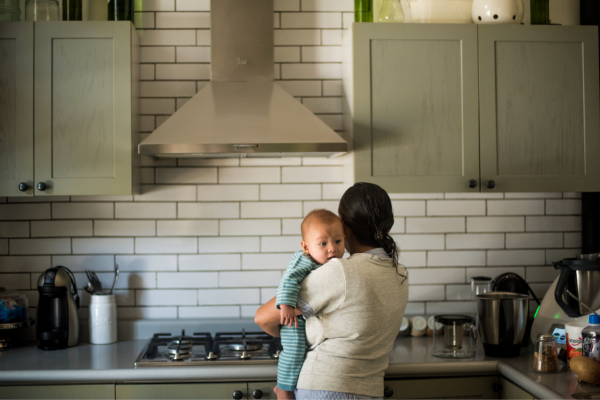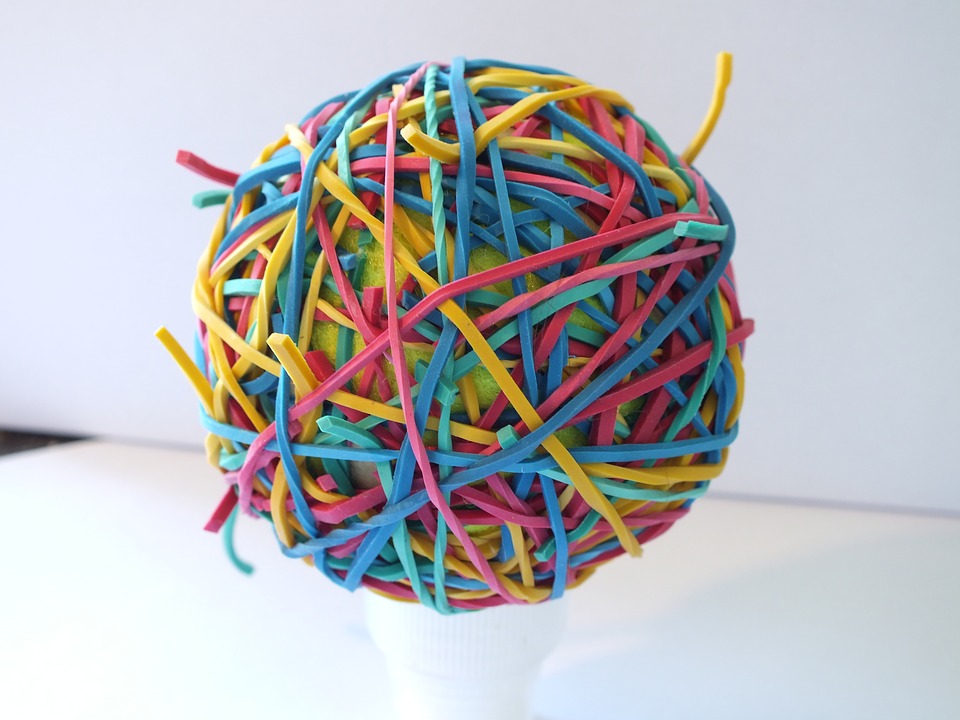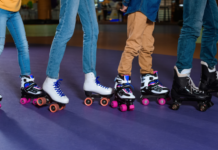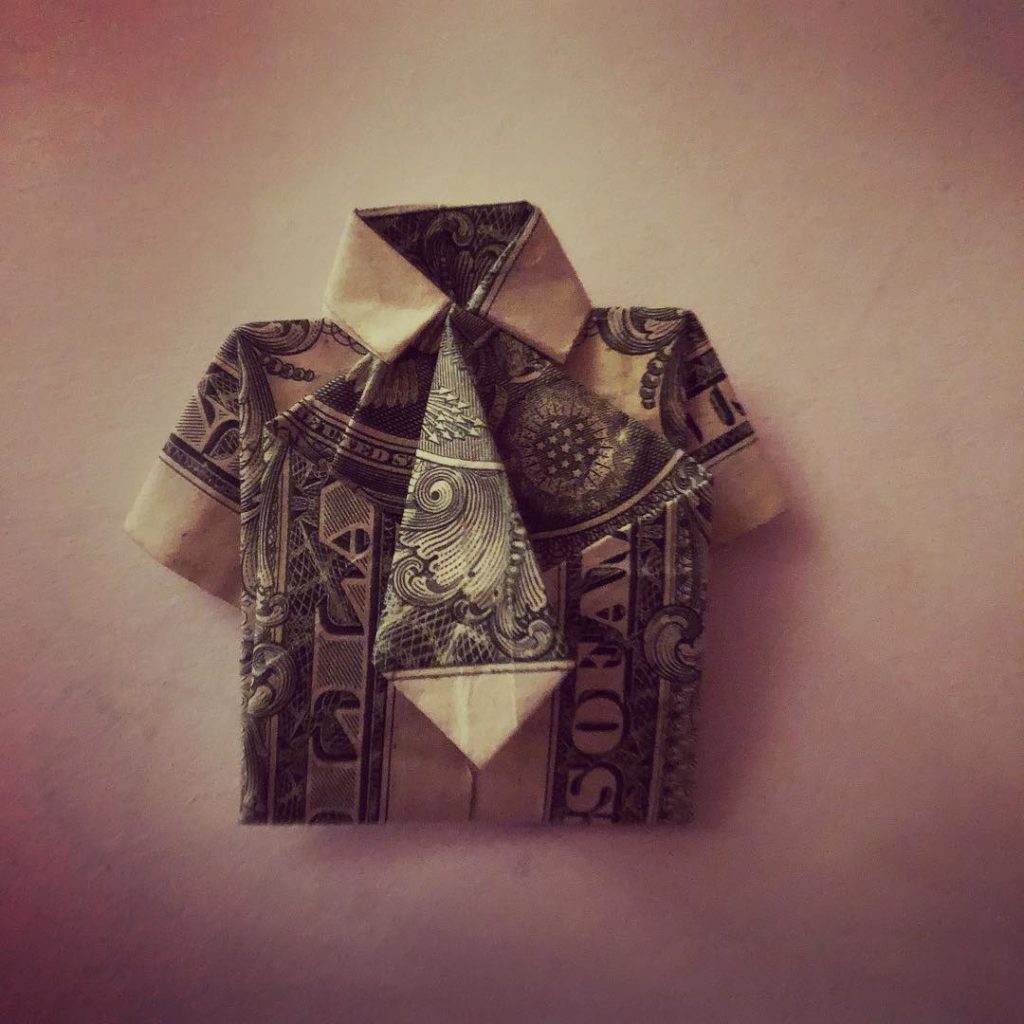 Asking for help isn’t easy, but sometimes, not having help is harder – too hard. And for that reason, we as parents soon learn that we have to learn a new skill: asking for help.
Asking for help isn’t easy, but sometimes, not having help is harder – too hard. And for that reason, we as parents soon learn that we have to learn a new skill: asking for help.
In our culture, we seem to praise the mom, or woman, who does it all. We say dependence on others is a bad word instead of a natural part of family life and group survival. Add to that a healthy trained fear of strangers and the fact that having children today is very much a personal choice, and asking for help can feel like admitting defeat.
My best friend – a single mom with kids roughly the same age as mine – has taken to repeating “it takes a village” about a million times per day just to alleviate some of the mom guilt. But it takes more than a mantra to learn something we’ve been weened off of our whole lives.
Surprisingly, this is also a skill I’ve had to acquire in the working world.
Working with nonprofits, you simply can’t do everything yourself. On the other hand, it’s amazing what you can get and can do for others when you just ask. For example, I sent an email to the law school I graduated from – USC law – asking for advice, and before I know it they had found donors and volunteers I would never have gotten on my own. We got free t-shirts for a kids’ chess club and literally hundreds of books!
Fighting through all this with a chronic illness puts me in this situation even faster than most. I had to learn the hard way that pushing too hard doesn’t push you through: it pushes you to the hospital. I don’t have a choice to be in denial. I have a limits. And I pick my battles. If marking handicap on my ticket is the way to get helped to my gate all the way across a major airport, then I’m going to do it. Meanwhile, toting a toddler and newborn alone on a flight, I had to accept and even seek help.
I let people pick up what I dropped.
I accepted wipes from another mom in the bathroom.
I let a TSA employee play with my kid nearby while I got our stuff together and strapped baby back on me.
I let a woman behind me hold my coat.
The shame subsided. As soon as people felt welcome to help, they were flooding in, most of them parents themselves. Often, they offered words of encouragement like “it gets easier” and “you’re brave.”
While waiting to board, one man took a dollar and folded into a dress shirt and tie for me to give my son. A complete stranger gave me a gift.
This perfectionist-turned-parent found added perks to accepting help I had not expected. First, I had more energy. I had more patience on the flight itself too. Second, I felt better about the world around me. It’s easy to have blinders on when you’re just trying to make it to the next gate with the correct number of living children. It’s easy to begin to think everyone is judging our parenting. Truthfully, they weren’t. Some of them were awesome. Third, expressing gratitude makes you feel better. Seeing people helping others can improve the moods of those around us too.
You see, one rubber band, durable and elastic as it is, can be stretched too thin. Then, ouch! But just like strands of bands, we are stronger together.
 Here are some baby steps to let others help:
Here are some baby steps to let others help:
- Tell them what you want them to do. Sometimes the help people offer isn’t what you need. As a result, their help can become more draining than doing it alone. Don’t be afraid to request specific tasks. For instance, my mom always wants to clean house for me, but that makes me feel bad so I ask her to watch the new baby so I can clean myself and feel productive.
- Ask in an email or text. If you have a problem asking in person, you can always get specific in something you can draft without a face to face. “Hey can you pick up so-and-so on Thursday?”
- Even if you feel like “I got it” try saying yes the next time someone offers to hold or carry something. Save that energy for something you want to do for or with them more!
And remember, science shows people actually like helping you. Researchers tested Ben Franklin’s old saying “If you want someone to like you, ask them for a favor” in 1969, and it still rings true today. Plus, seeing people helping one another helps nearby onlookers feel better. And if it makes you feel better, you can always pass it on and pay it forward when you’ve got free hands.
To my surprise, the moment I started asking for help and getting it and expressing gratitude, I didn’t feel a loss of power. I felt empowered. I could do so much more! I kept up my strength. Best of all, I had this rare, peaceful feeling of the goodness in people and of the world.
Remember, your hands are full because you cup overflows.















